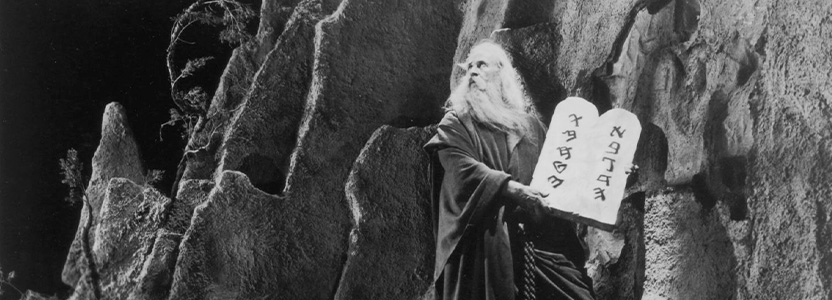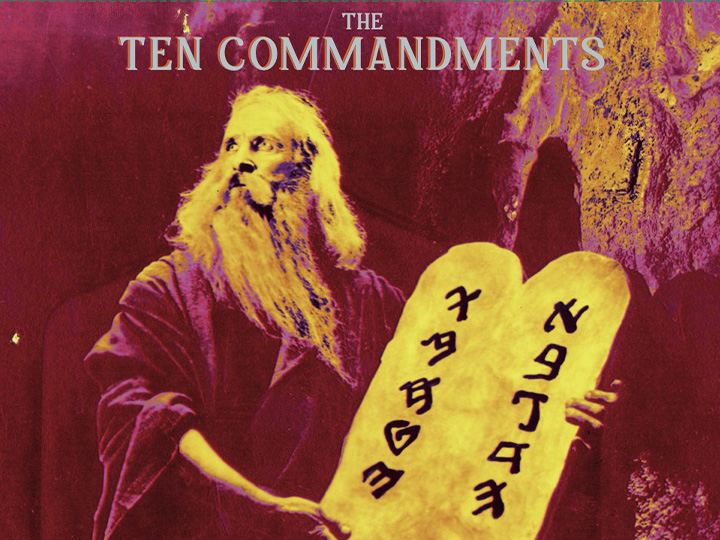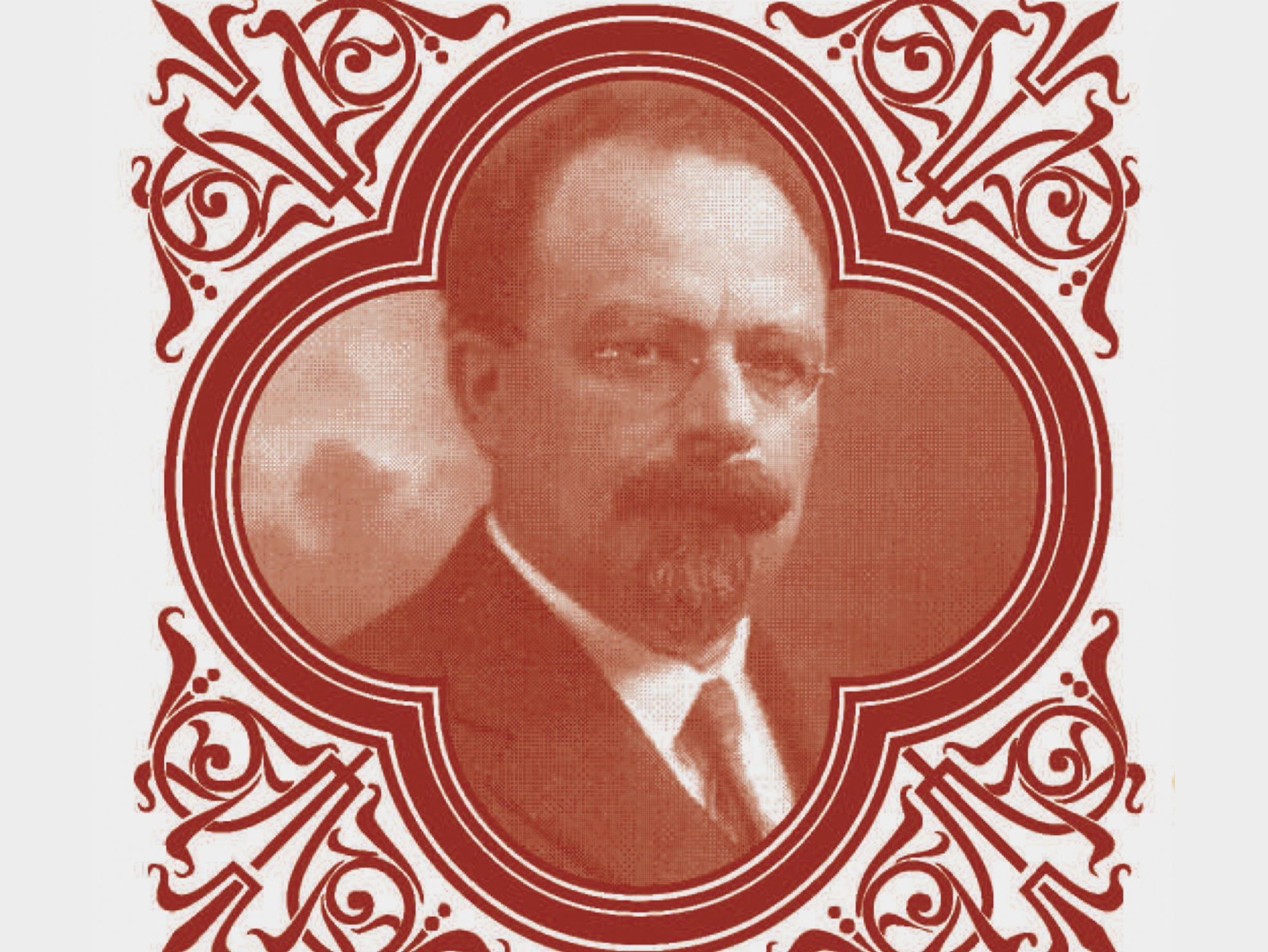Freedom Through a New Score

By David Katznelson, Reboot CEO
Though we are beginning to enter a new and different phase of COVID times, many musicians used to being on the road, and many dependent on the road, have been homebound. Knowing this creativity and passion should not stay bottled up, I decided to reach out to some old friends, many of whom would normally never have had the time to embark on a new project. And I wanted to propose something they had never done before – work collaboratively on a pretty massive project while everyone was in quarantine in different cities. I picked up the phone and called Los Lobos saxman and Idelsohn Society collaborator Steve Berlin.
My idea – a new live score of the iconic silent film from Cecil B. DeMille, The Ten Commandments.
Now, full confession here, I have a bit of an obsession with the “Godfather of Cinema,” Cecil B. DeMille, who was – in one very specific way – a lot like a delta bluesman. He often covered himself during his career, remaking his own movie, sometimes failing (he remade the problematic Squaw Man three times, finding total failure in the third 1930 talkie version) and sometimes making film history. But nowhere did he succeed more than when he remade The Ten Commandments starring Charlton Heston. If there was a defining moment for DeMille, the remake of The Ten Commandments was it.
The original 1923 silent film version, released just a few months before Heston was born, came in two halves. The first half, The Prelude told the expected story of the Exodus, and the second half was a melodramatic love story which had little to do with the “escape from slavery” tome.
The Prelude, which continually fascinates me, contains all of the DeMille patented epicness, the sets, the tribe of extras and the special effects. They were all state of the art for the era. The film even has segments that were hand-colored. When there is a wall of fire, it comes alive with yellows, oranges and reds. Instead of simply being black and white, the Sea Of Reeds is a vibrant blue that parts for the Jews to cross.
Steve loved the idea for a modern score, but only if he had a small, tight dream team to work with. He needed to work with other artists and wanted Flaming Lips’ Steven Drozd, and jazzman and drummer Scott Amendola, both of whom I had worked with at Warner Bros. Records.
Within a day, the three were all in for this new pandemic project. With the help of texting, Dropbox and digital recording devices, they started sharing ideas for each scene, quickly creating a work plan and executing, constantly sharing updates and ideas for each musical part. Within three weeks of back and forth and even more playing and recording, they produced an epic score that we then synced with the film.
The film with the new score is available here and will soon be on several streaming platforms.
Even with all of the stylings that were considered modern in 1923, to today’s viewer, any silent film can seem confusing and hard to penetrate. This new score gives the scenes new life with many different genres of music, whether it be the strange tribal percussion of the Jews leaving Egypt – complete with Steve Berlin’s soulful sax stylings, – or the krautrock-driven piece following the Egyptian army in an ill-fated chase after the Jews. With the use of modern technology, not only can you hear the score, but you can see the trio performing it, each in their own studios, in different states but locked into the same state of mind. COVID be damned.
Cecil B. DeMille’s Ten Commandments never sounded so good or looked so fresh. A testament to the director – and the impromptu and wildly talented band!
Watch the new score here!




